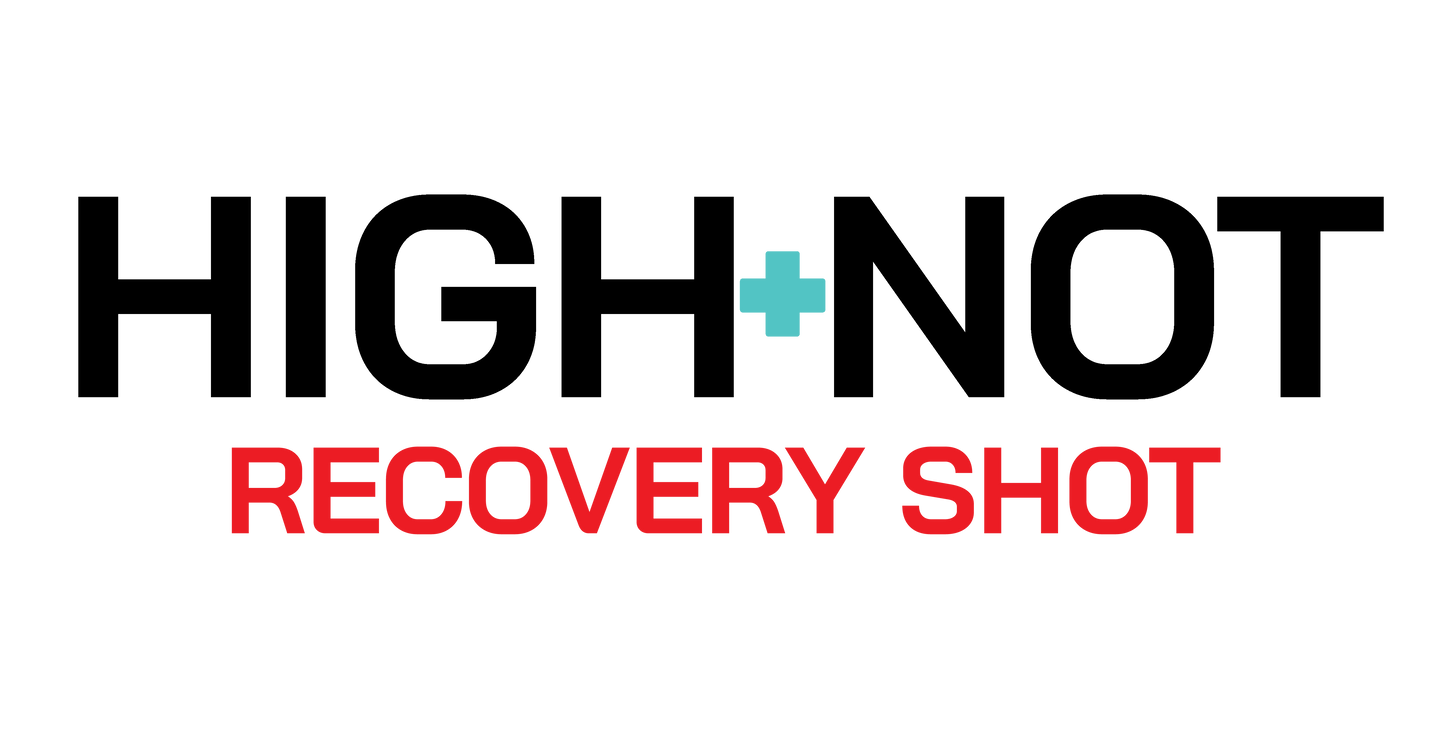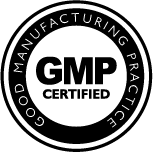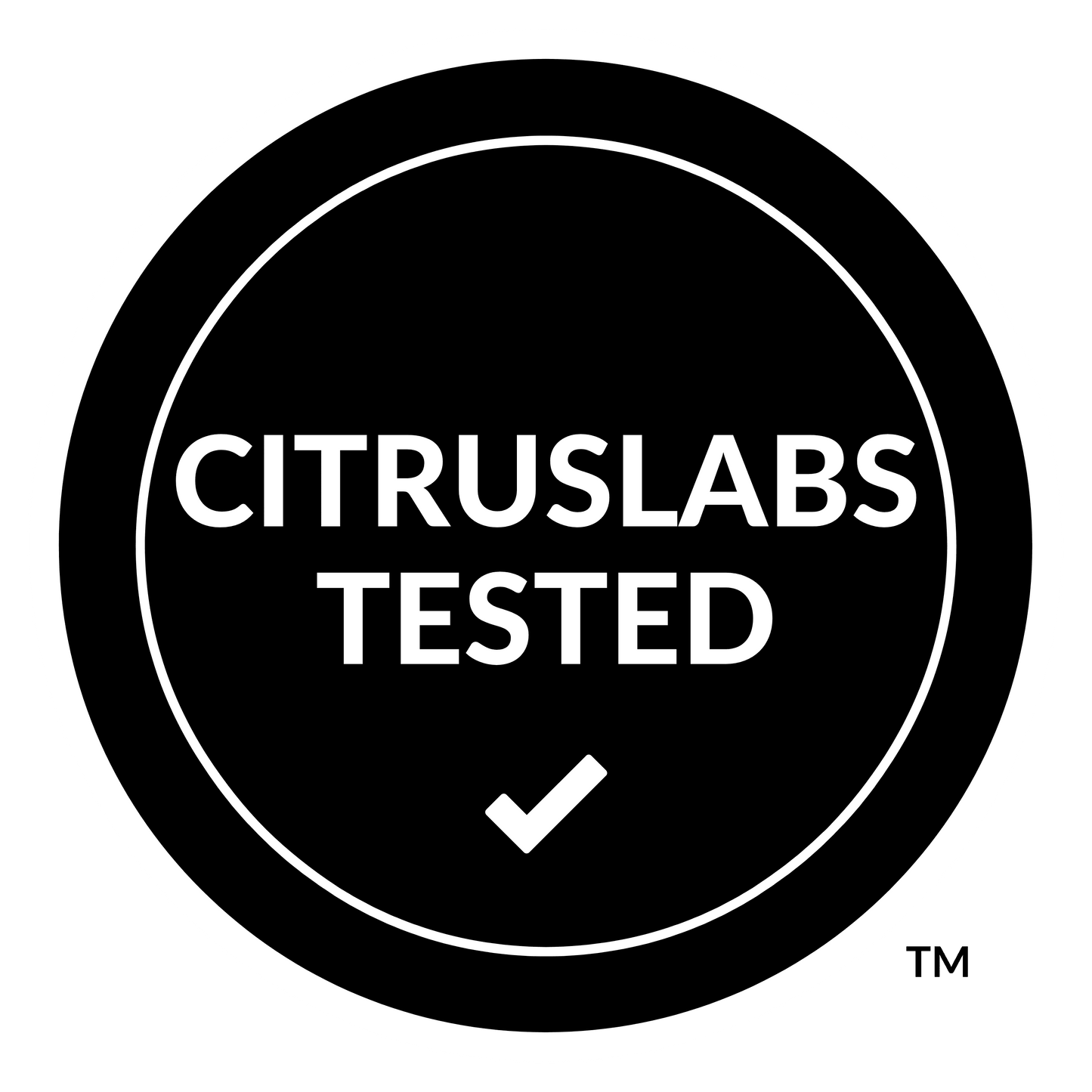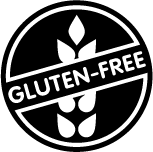
Anxiety can be an overwhelming part of our lives, but finding effective relief shouldn’t be. In recent years, many have turned to THC as a natural remedy for anxiety. This guide will take you through everything you need to know about using THC for anxiety relief, all in a friendly and easy-to-understand manner.
Understanding THC and Its Effects
THC, standing for tetrahydrocannabinol, is an intriguing compound found in cannabis that has captivated the interest of many. Known primarily for its psychoactive effects, THC can alter perception and mood, which sometimes overshadows its potential therapeutic benefits, particularly in anxiety relief. The science behind THC starts with its interaction with the body’s endocannabinoid system, a network responsible for various physiological processes, including mood regulation. When THC binds to cannabinoid receptors, it can induce calming effects that some users find helpful in managing anxiety. However, it’s crucial to remember that the effects of THC can be highly individualized, largely dependent on dosage and personal tolerance levels. Therefore, understanding how THC might interact with your body can provide a better foundation for its use as an anxiety relief tool.
In the realm of cannabis, understanding the biological nuances of THC is key. This compound engages directly with CB1 receptors in the brain, which are a part of the endocannabinoid system influencing mood and stress levels. Think of THC as adjusting your body’s natural balance, at times reducing anxiety symptoms through its soothing effect. Recent discussions in the cannabis community stress the ‘biphasic’ nature of THC, where different doses can lead to different outcomes. While low doses might provide relief from anxiety, higher doses might have the opposite effect, potentially increasing anxiety. It’s a delicate balance that underscores the importance of careful and informed usage.
How THC Differs from CBD for Anxiety
When considering THC and CBD for anxiety relief, it’s like comparing two siblings with distinct personalities. THC is famous for its psychoactive ‘high’, while CBD is appreciated for its non-intoxicating calming effects. This non-intoxicating nature makes CBD appealing to those seeking relief without psychoactive side effects. For individuals looking for a mental escape or a shift in focus, THC might be more suitable. But for those who prefer mindfulness without alteration in perception, CBD is often the go-to. The key difference lies in their molecular interactions within the brain: while THC primarily binds with CB1 receptors, CBD has a more complex, modulatory role with various neurotransmitter systems, giving it a subtle yet profound impact on anxiety management.
Understanding the dynamic between THC and CBD can truly empower your anxiety relief strategy. THC and CBD can complement each other, offering a holistic approach where both compounds work together. This synergy, often referred to as the ‘entourage effect’, suggests that combining different cannabinoids can enhance their effects. Considering this, some find relief by using products that balance both THC and CBD, allowing for reduced anxiety with minimized psychoactive effects. This balance can be crucial, as studies have shown that CBD can offset some of THC’s potential anxiety-inducing characteristics, making it a preferred combination for those with anxiety concerns.
Recent discussions have highlighted the differences in how THC and CBD are perceived and used in society, with scientific research supporting both compounds as potential tools for anxiety relief. By exploring these compounds’ unique benefits, you can make more informed decisions about their use. While CBD is lauded internationally for its therapeutic potential due to its calming properties, THC’s ability to engage more directly with brain receptors can provide a different kind of relief. The choice between THC and CBD, or even a balanced blend, largely hinges on individual responses and desired outcomes, underscoring the personalized nature of cannabis therapy.
Best Practices for Using THC
The most pivotal aspect of using THC for anxiety relief is determining the right dosage and method that aligns with your needs. It acts faster when inhaled, making methods like vaping a preferred choice for those in need of quick relief. However, these effects are short-lived. Edibles and tinctures are popular for their prolonged effects, which may suit those with persistent anxiety. Each form of THC has unique onset times and duration of effects, which can influence your choice. Tinctures provide a middle ground, offering reasonably fast relief with a longer duration than smoking. The key is to experiment cautiously, starting with low doses and increasing slowly as needed to find what suits your body best. This ensures minimized risk of adverse effects while maximizing anxiety-reducing benefits.
Paying close attention to your body’s response is vital. Using a journal to track dosage, timing, and effects can provide insight into your best regimen. Keep regular intervals between doses to avoid dependency and potential increase in anxiety due to heightened tolerance levels. It’s also wise to consider strain selection—while some people prefer indica strains for their known calming effects, others may find hybrid strains more effective. Ensure you choose products tested for quality and potency to steer clear of unexpected outcomes.
Potential Risks and Considerations
As with any substance, understanding THC’s potential risks is essential for safe and effective use. One common issue is the ‘biphasic effect’—where different doses have varying results. Low doses may alleviate anxiety, while higher doses might exacerbate it, leading to increased paranoia or anxiety. Awareness of this effect can aid in managing your intake responsibly. Another consideration is THC’s interaction with other medications. It’s crucial to consult a healthcare provider to discuss potential interactions, especially if you are on medication for anxiety or other mental health conditions.
Staying informed about the legal state of cannabis products in your area also ensures compliance and safety. The legal framework can affect both the availability and quality of cannabinoids, influencing how they are used and perceived. As THC can influence cognitive function, especially in high doses, it’s important to avoid operating heavy machinery or driving post-consumption to prevent accidents. Conversely, some users may develop tolerance over time, requiring increased dosage for the same level of anxiety relief. Being conscious of tolerance development helps in mitigating long-term dependency risks.
Apart from understanding dosage, being aware of psychological effects is crucial, given THC’s psychoactive nature. For instance, some individuals might experience heightened anxiety if they start with too high a dose or choose a strain not conducive to their needs. Such experiences often stem from THC’s influence on neurotransmitter levels, which can perturb emotional stability temporarily. Integrating practices like deep breathing, meditation, or other relaxation techniques can help counteract unexpected side effects, promoting overall well-being alongside THC use.
Personal Stories: Real Experiences with THC for Anxiety
Hearing from real people about their experiences with THC can be illuminating, offering a realistic glimpse into its potential benefits and challenges. Take Sarah, for instance, who found that incorporating THC into her routine significantly improved her anxiety symptoms without the side effects typical of traditional medication. By carefully monitoring her intake and focusing on low-THC, high-CBD blends, she achieved a balance that enhanced her well-being substantially. Her story is not an isolated instance; many individuals are discovering personal pathways to relief through controlled and mindful use of THC.
Another testament is from John, who initially approached THC with hesitation due to past experiences with overwhelming psychoactive effects. By educating himself on strain selection and dosage, John discovered a regimen that offered him more than just relief—it provided a sense of control and predictability in his life. However, not everyone has a universally positive experience. Like any treatment, reactions can differ significantly, which makes anecdotal stories valuable yet not definitive. They’re reminders of the diverse impact THC can have, encouraging personalized exploration aligned with one’s specific needs and health profile.
Finding Calm: Your Journey with THC and Anxiety
Navigating the world of THC anxiety relief can be simple and rewarding when equipped with the right knowledge. As with any treatment, it’s important to be informed and cautious. With this friendly guide, you’re now ready to explore whether THC could be the solution for your anxiety.








